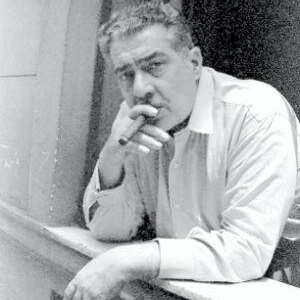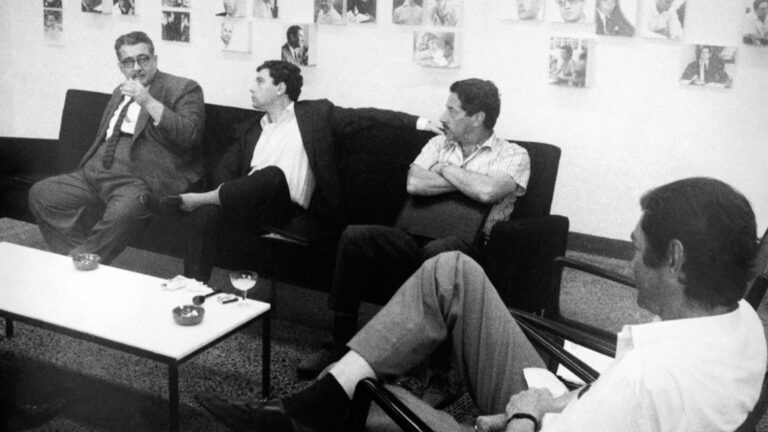José Lezama Lima

José Lezama Lima (1910-1976) was a Cuban poet and novelist. He is best known for his 1964 novel Paradiso (translated into English in 1974 by Gregory Rabassa), though he published copious volumes of poetry, literary criticism, and nonfiction as well, and a second novel, Oppiano Licario (not yet translated into English). During his lifetime, he was praised by Spanish-language literary giants such as Octavio Paz and Julio Cortázar, the latter of whom, in his laudatory essay “To Reach Lezama Lima,” compared his famously difficult, “neobaroque” writing style to masters such as Robert Musil, Hermann Broch, and Jorge Luis Borges. In addition to his two novels, he published more than a dozen volumes of poetry, literary criticism, and lyrical nonfiction, and edited numerous anthologies and reviews, including Orígenes from 1944 to 1956. Towards the end of his life, Lezama was heavily censured by the Cuban government, most of all for his joyful descriptions of homosexuality in Paradiso, a flagrant violation of the regime’s publishing practices at the time. Forbidden from leaving the country, he died in 1976, isolated, broke, and frustrated, just as his work was beginning to receive acclaim in the Spanish-speaking world.

